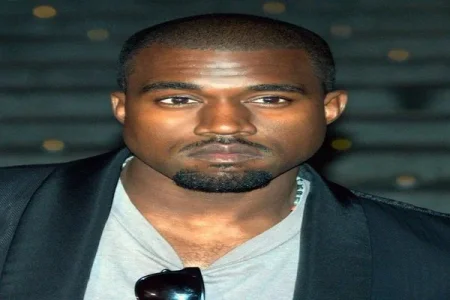
Nigerian rapper Eedris Abdulkareem criticizes the Tinubu administration after the National Broadcasting Commission bans his new song Tell Your Papa. Abdulkareem accuses the government of suppressing free speech, drawing parallels to past censorship of his work. The controversy highlights ongoing concerns over freedom of expression in Nigeria.
Nigerian rapper and activist Eedris Abdulkareem has accused the country's leadership of stifling free expression after the National Broadcasting Commission (NBC) banned his newly released song Tell Your Papa, which criticizes President Bola Tinubu’s administration.
NBC labeled the track “offensive” and issued a directive on Thursday barring broadcast outlets from airing it. The move quickly sparked backlash online, with Abdulkareem at the center, denouncing the decision as a blatant attempt to muzzle dissent.
“This government has made it clear that telling the truth is now a punishable offense in Nigeria,” Abdulkareem said in a statement shared via Instagram. He compared the ban to the censorship he faced in 2004 when his provocative anthem Jaga Jaga — a searing critique of corruption and decay — was pulled from the airwaves under former President Olusegun Obasanjo.
In his latest remarks, Abdulkareem described President Tinubu’s administration as “insensitive, vindictive, and grossly maleficent,” accusing officials of pressuring media houses to suppress criticism. “They are instructing broadcast houses to shield the government by hiding the candle under the table," he wrote. "Anyone wonder why Nigeria has not made impactful strides all these years? The conscience is an open wound, only the truth can heal it.”
The NBC has not issued a detailed public explanation beyond labeling the song "inappropriate for broadcast."
Eedris Abdulkareem, long known for his unapologetic activism, has built a career challenging political leadership and exposing societal injustices through music. Tell Your Papa, his latest project, addresses rising discontent over governance, economic hardship, and perceived political exclusion under Tinubu’s presidency.
Civil society groups and free speech advocates have condemned the NBC’s action, warning that it signals a broader crackdown on artistic freedom in a country with a fragile media landscape. “When musicians are silenced, it’s not just about entertainment — it’s about citizens losing their right to speak truth to power,” said one activist who asked not to be named for fear of reprisal.
The controversy comes as concerns grow over narrowing civic space in Nigeria, with reports of journalists facing harassment and government critics being detained. International watchdogs like Amnesty International have previously flagged Nigeria’s increasing intolerance toward dissent.
As Abdulkareem’s post continues to gain traction online, many Nigerians are rallying behind him, seeing the ban not as an isolated incident but part of a worrying trend. "Silencing Eedris won't silence the truth," one supporter wrote on social media. "It only makes it louder.



